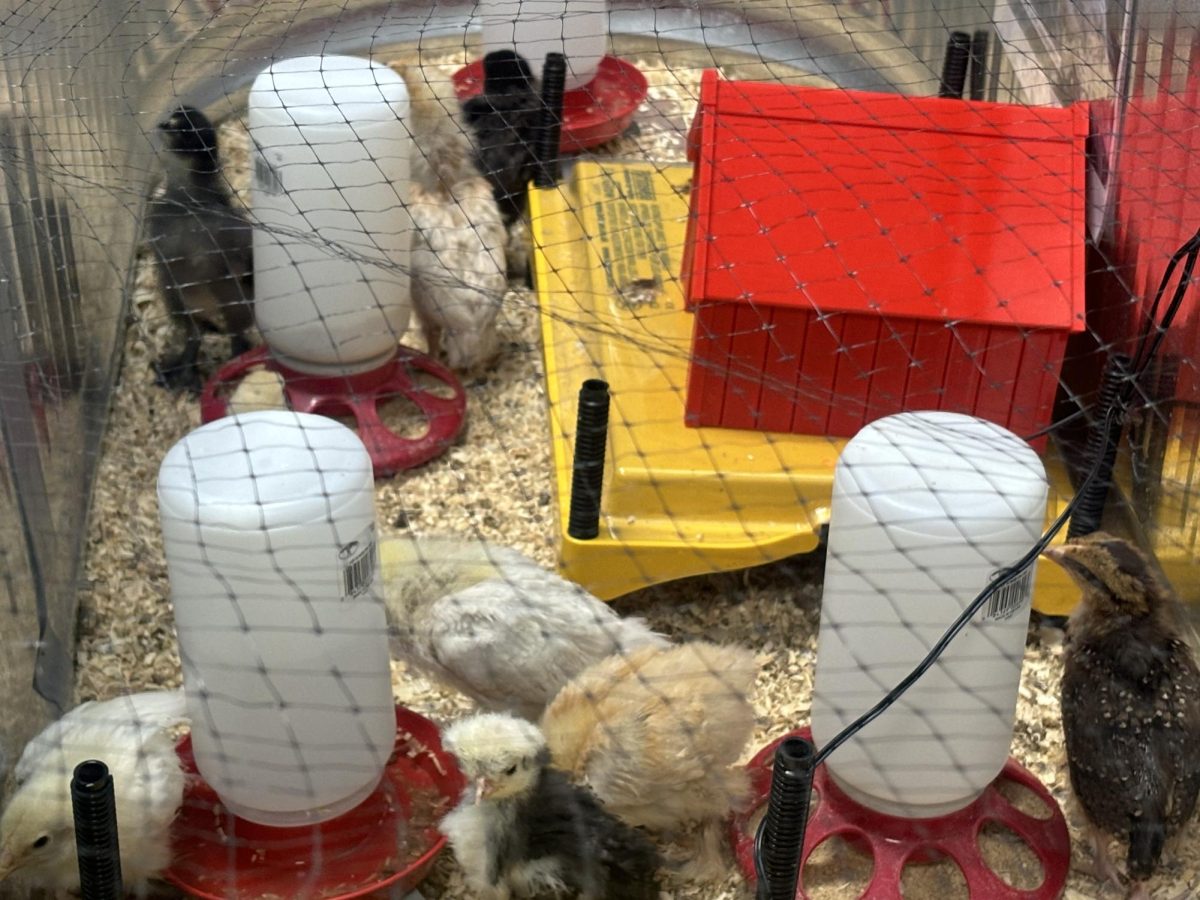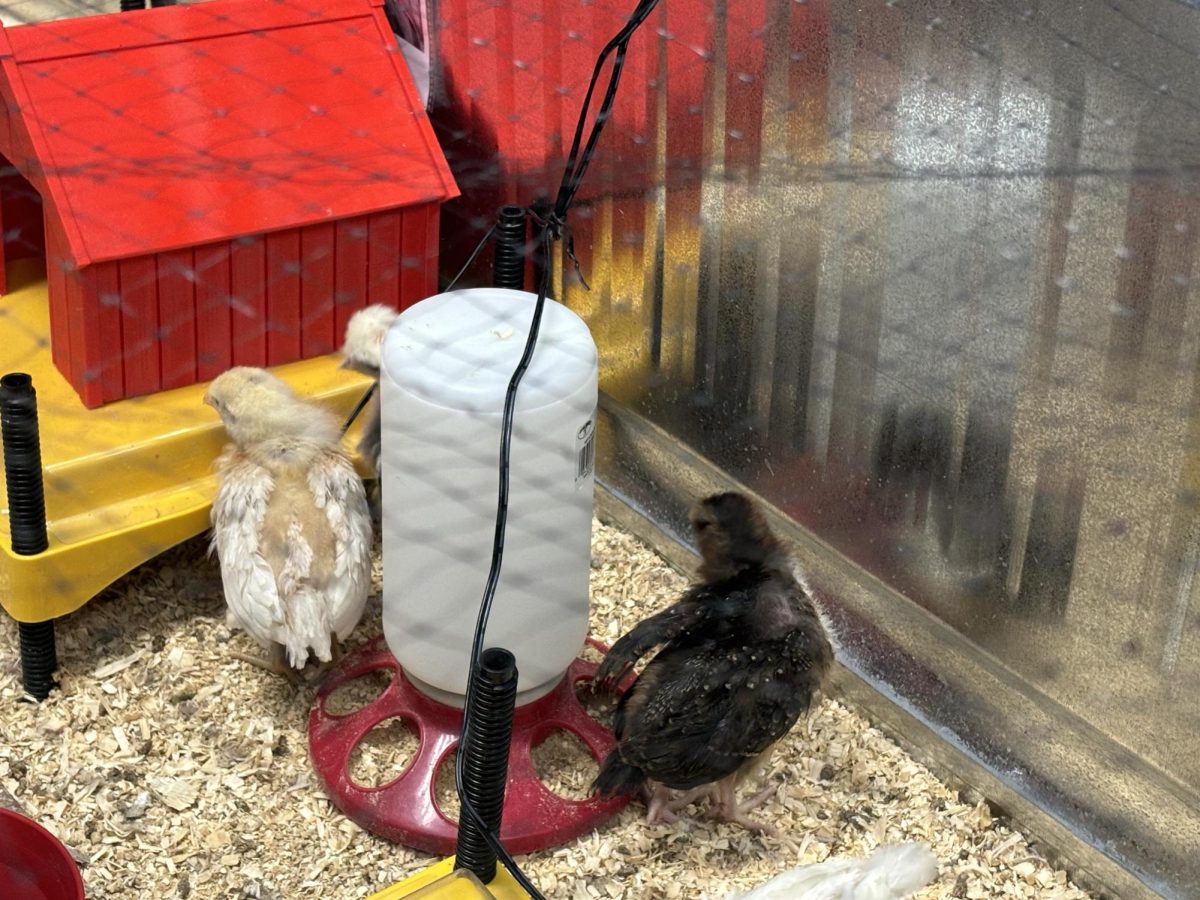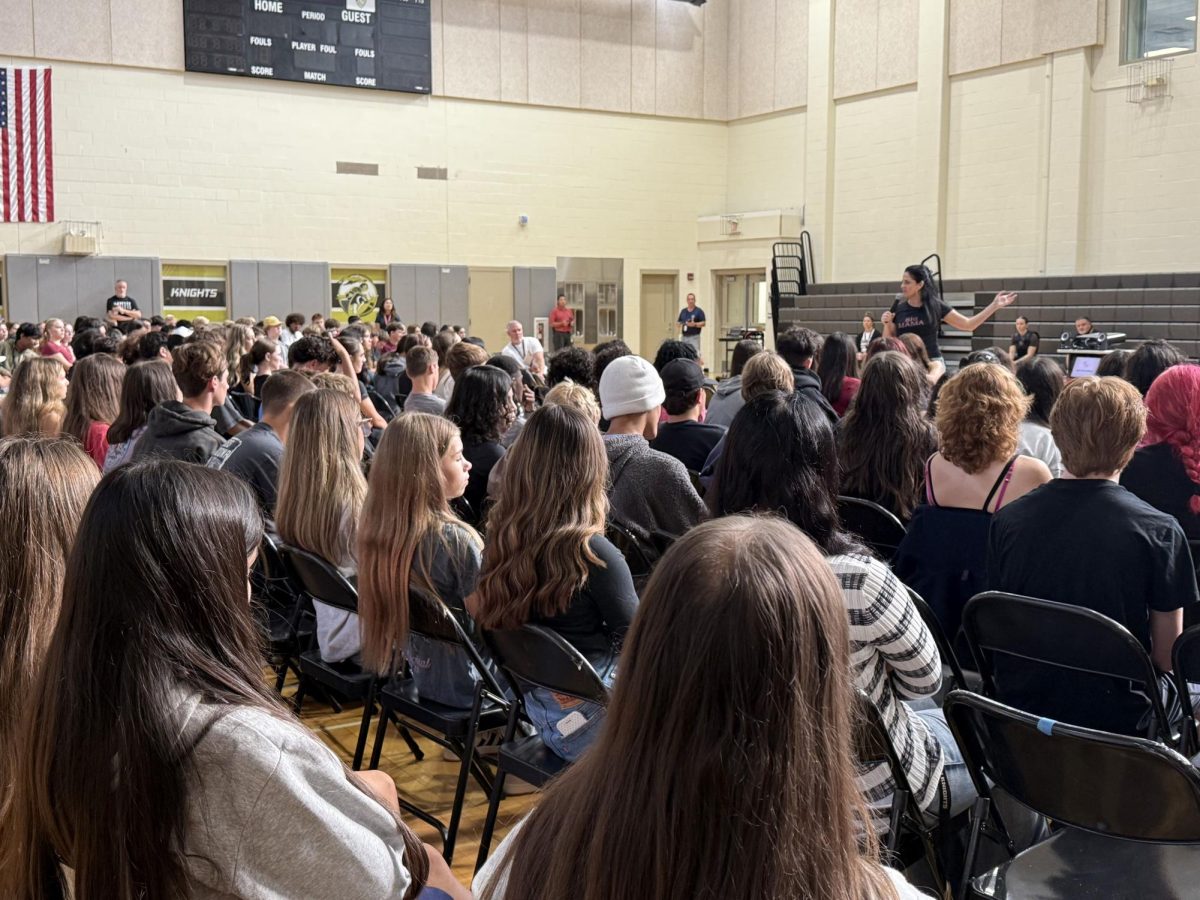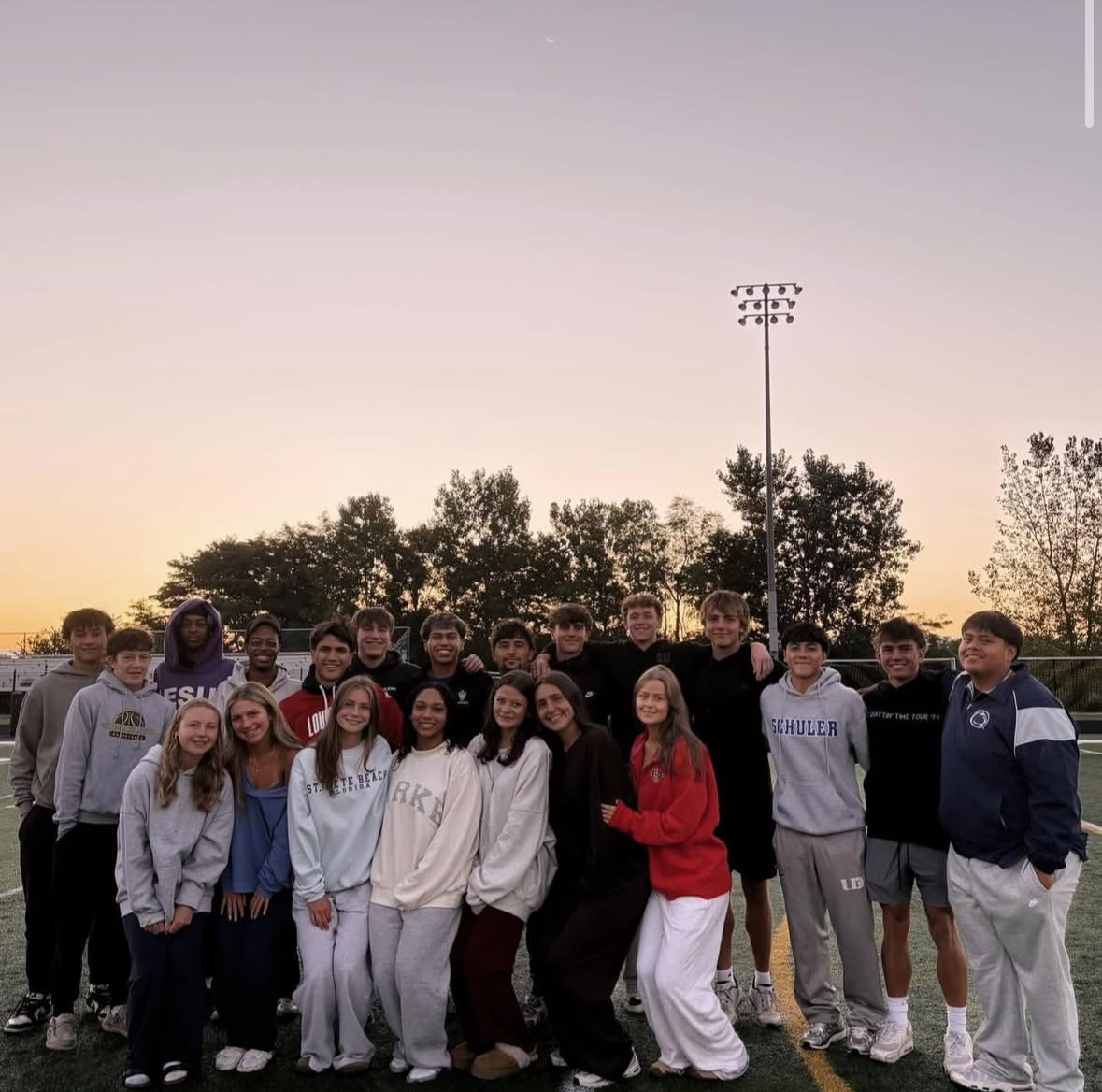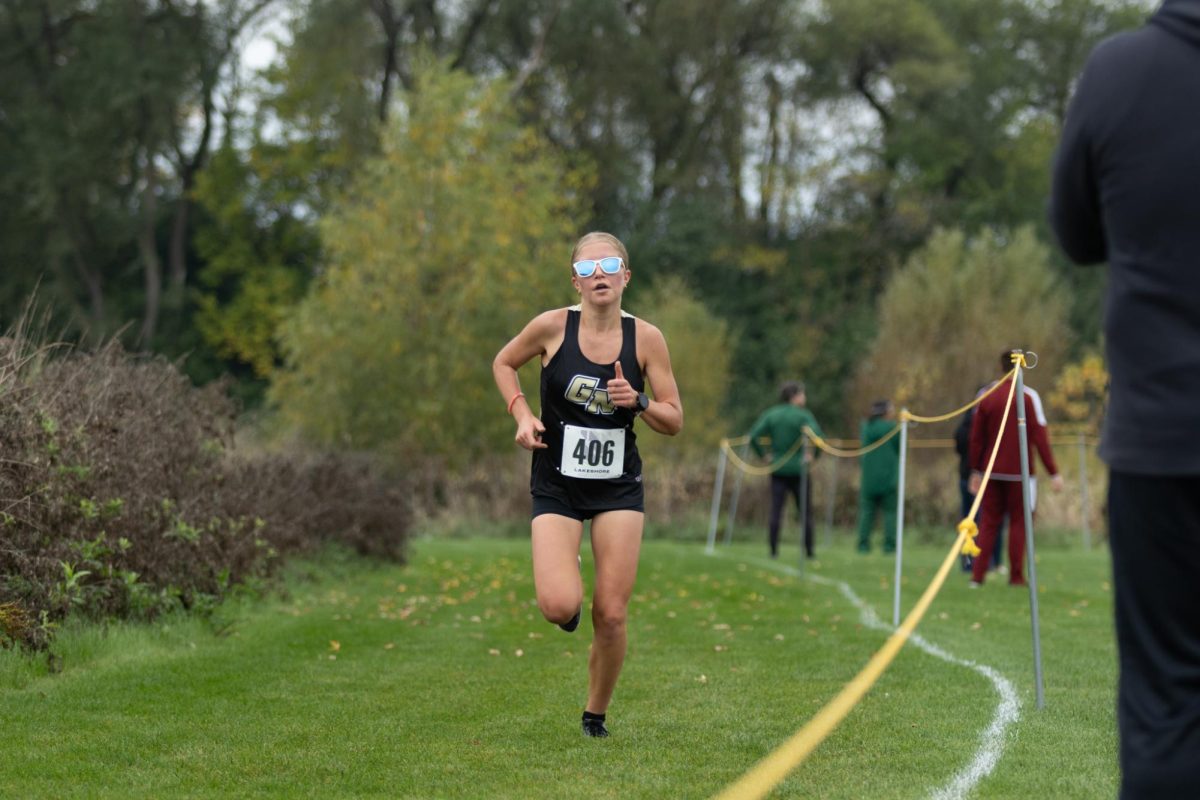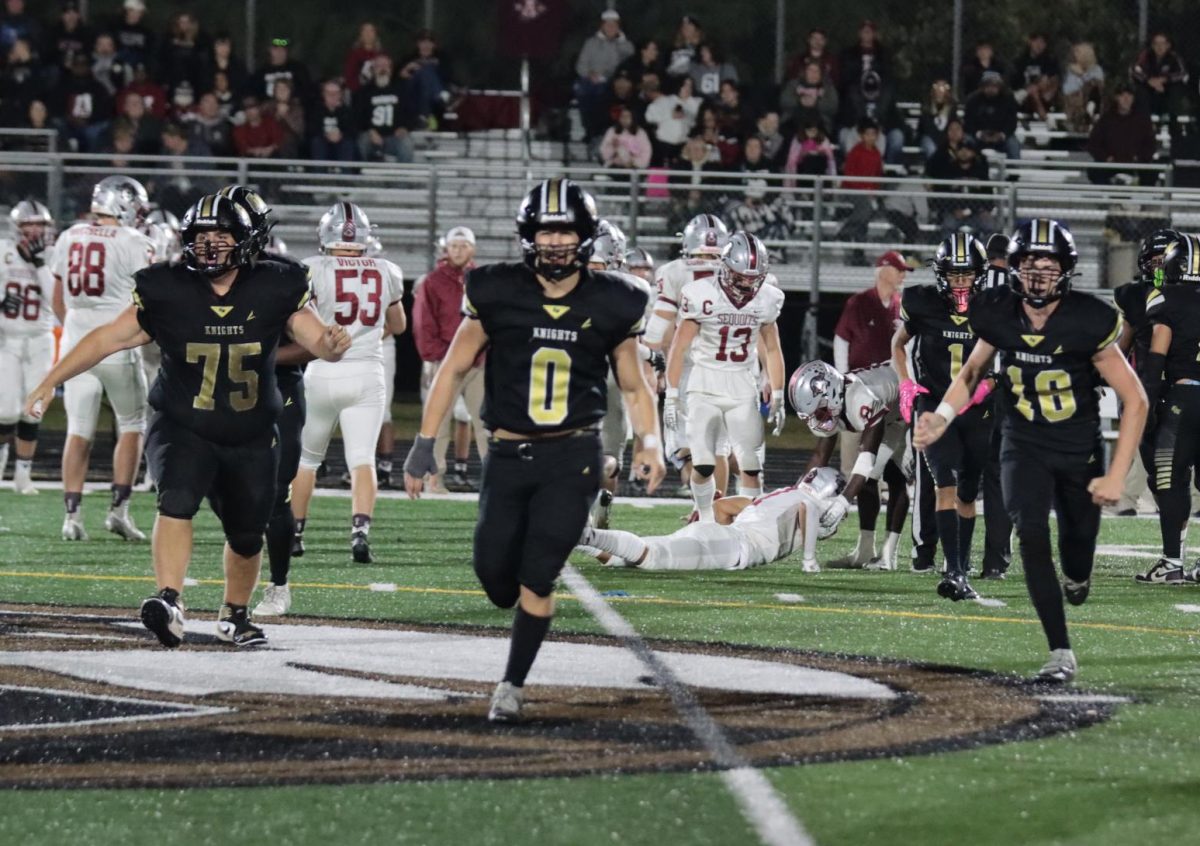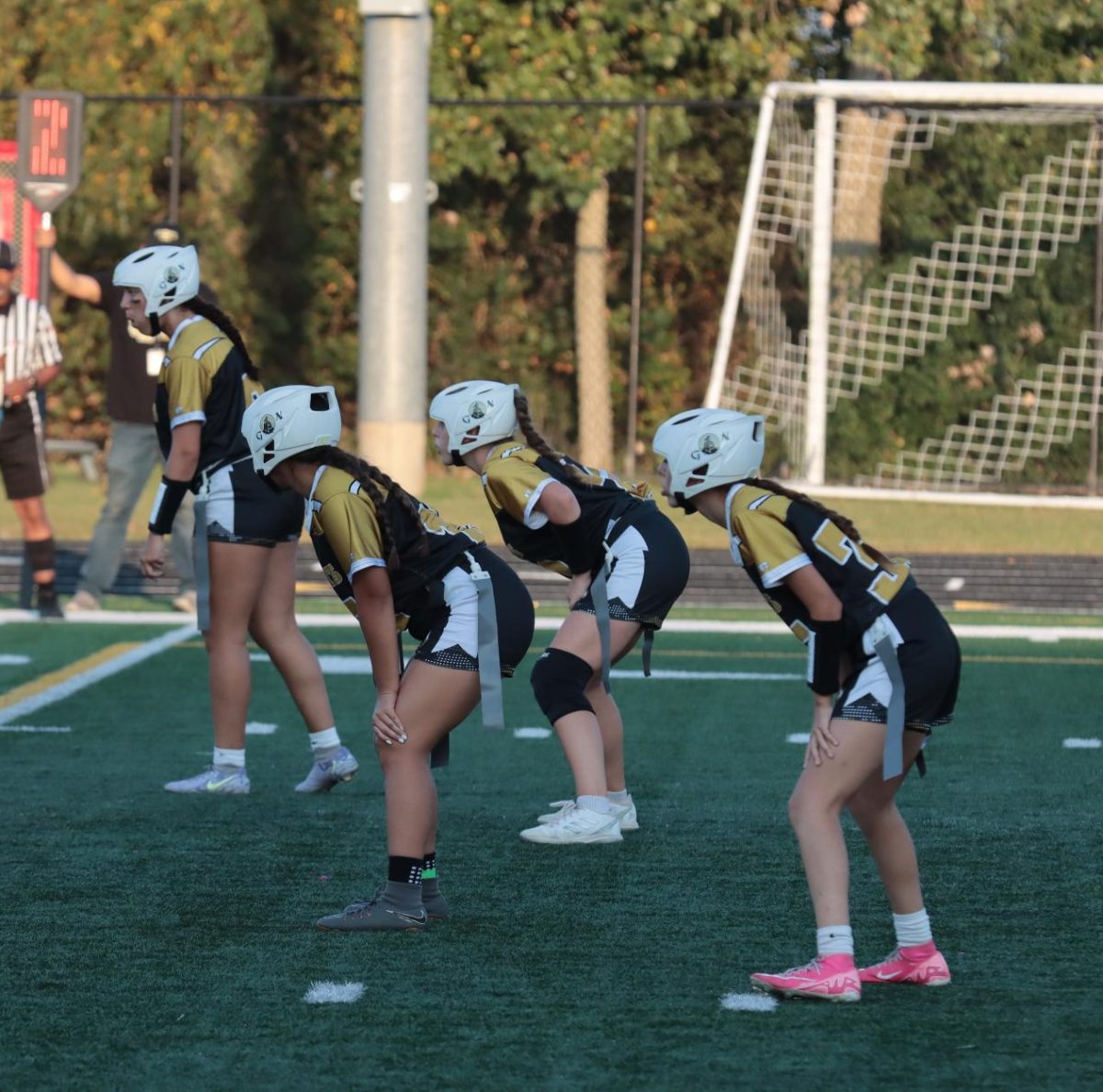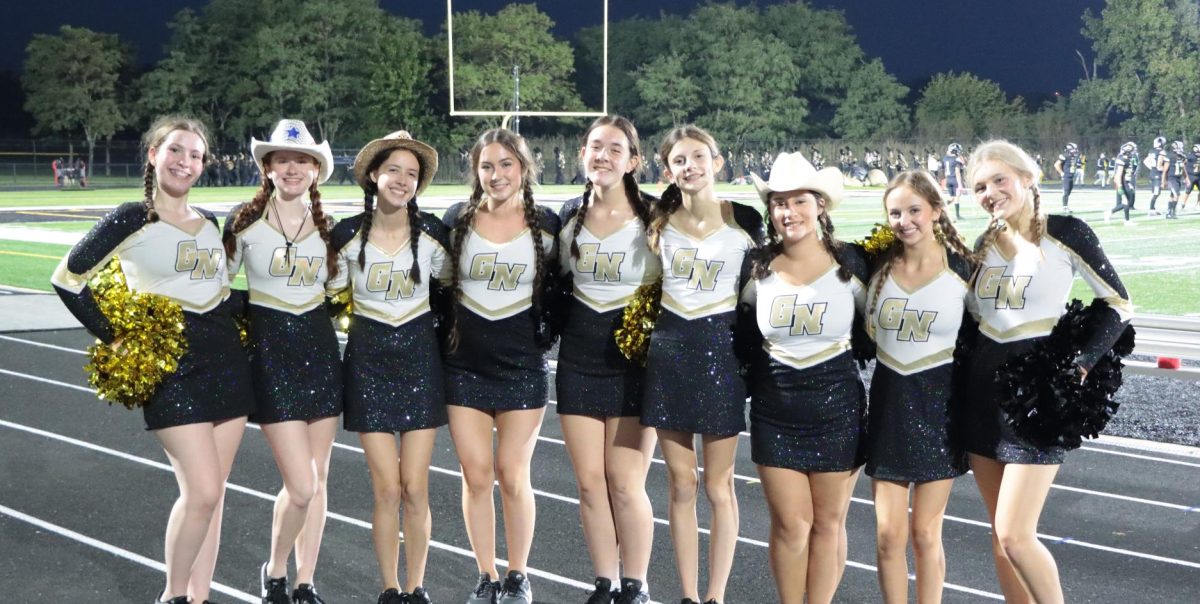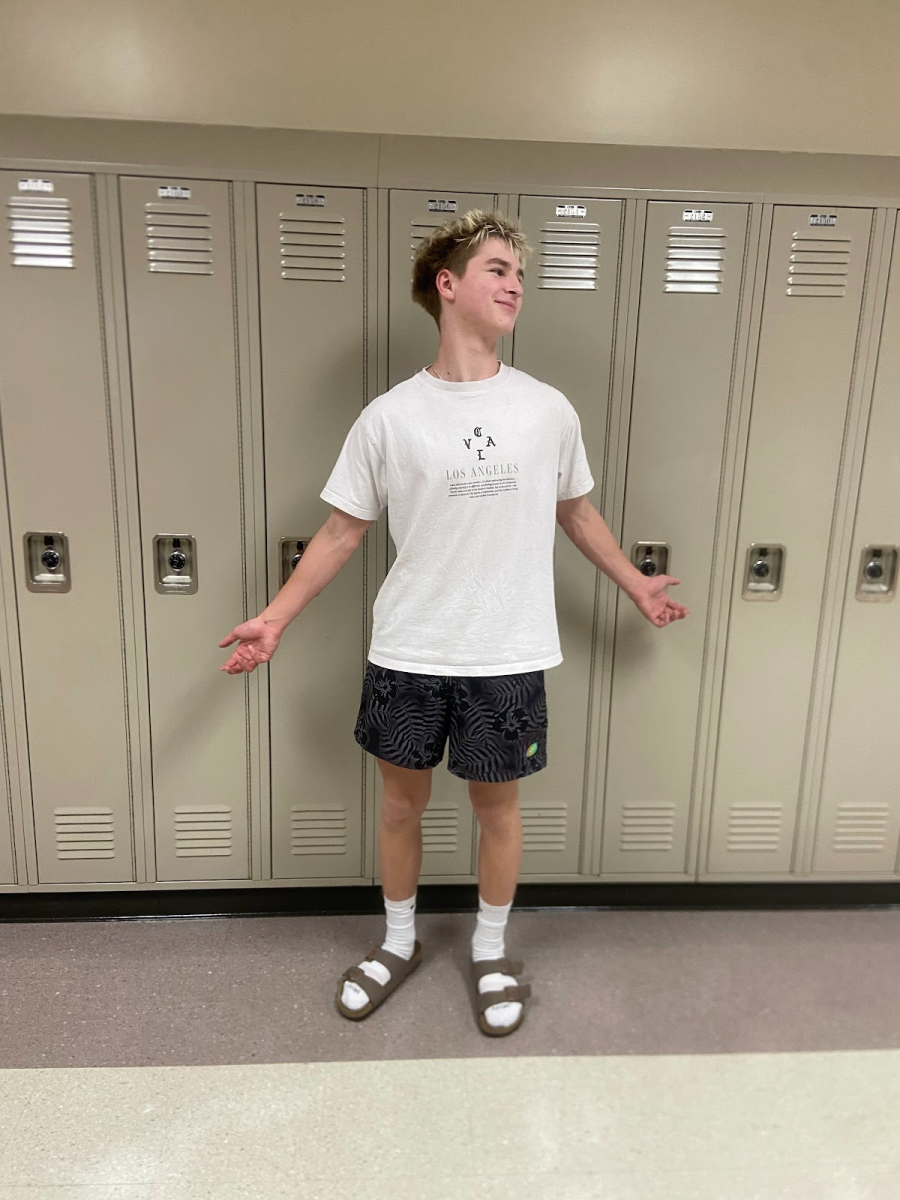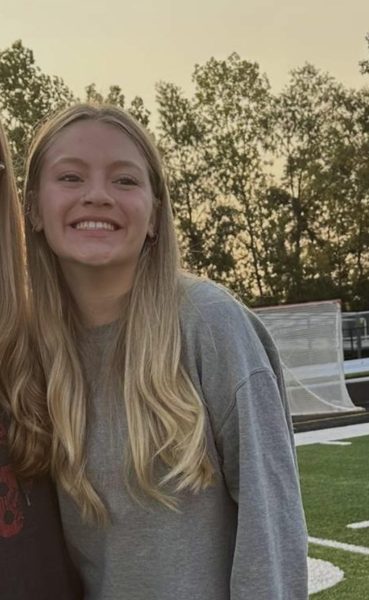During the last weeks of February, the Engineering a Sustainable Future class (ESF) brought baby chickens to the HUB for observation and entertainment.
The Engineering a Sustainable Future class is a course whose main focus is on agriculture and sustainability. Students get to learn the social, economic, and environmental opportunities that are associated with the production of food. The students are usually stationed at North’s garden or the Liberty Prairie Farm. While there, they go through the steps of planting seeds and eventually getting to harvest and then sell them. The students also get to learn farming methods, the roles of healthy soil, alternative forms of agriculture, and animal welfare by getting to interact with the animals on Liberty Prairie Farm.
“Students really appreciate the hands-on nature of what we do. They also enjoy being able to frequently go outside and work in the garden at North and on the farm,” said teacher Jeffrey Miller.
The chicks brought to North were used as a demonstration for the ESF class to see the growth and behavior of chickens. The class provided the chickens with water, food, and their attention. They were also brought as a fun distraction for students visiting the HUB. Students outside of the ESF class were also invested in the chicks and their growth throughout their stay.
“We brought chickens to North to build an awareness of the Engineering a Sustainable Future class,” Miller said. “Also, baby chicks are fun and super cute and provide a relaxing break for students during the school day.”
As a result of the chickens in the HUB, students took a liking to them and would visit the HUB frequently. Tom New, North’s hubrarian, set up a live stream so students and staff who couldn’t be there could view the chickens whenever.
“I think just being able to have something interesting that’s also living in the HUB is fun to look at during your free time, and though you can’t touch them, it’s still nice to see what the chicks are up to,” said senior Brianna Alverez.
Due to the student’s excitement, the course has received positive feedback from students wanting to join next year and have involvement with what the course does.
“Because they wanted to raise more awareness about the class, we decided that having the chickens might be a good way for kids to see some of the stuff they can do in that class,” New said. “And it’s actually already gotten the enrollment up a little bit in the class for next year, which is nice.”
The ESF class is always looking for new ways to add involvement to their course. They plan on having more interaction with animals like sheep and goats while still learning about chickens. Last fall, the class teamed up with other classes to create a Fall Festival, and they are now planning on hosting a Spring Festival as well as a plant sale. Towards the week of finals, the class plans on taking a break to unwind by having a campfire and enjoying smores.
“We’re always looking for new ways to bring aspects of the farm to the school and get students to experience the farm. We look forward to bringing more animals into the ESF class, like goats and sheep, while continuing to learn about chickens, trees, soil, and adapting to climate change,” Miller said. “We also want to continue to share that experience with the school!”

